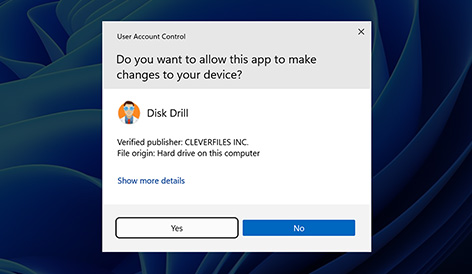
(typically, on a single-drive, single- partition, single-OS system), in which case the ultimate goal is simply to copy all important files from the damaged media to another new drive. The most common data recovery scenarios involve an operating system failure, malfunction of a storage device, logical failure of storage devices, accidental damage or deletion, etc.

Thanks in advance for any help or insight with this problem.

If (currentMillis - FlipTime >= platformspeed + RandFactor)Įverything else works perfectly, the sequence and mqtt communication is doing what I want - I just can't get the randomisation part to work. Alternates between the two halves of the cycle and turns on rams 1 and 2.

RandFactor = ESP8266TrueRandom.random(RandomRAW) //Creates a random number upto the random amount set via mqtt Here is the part of the code where I'm generating and using the random number: currentMillis = millis() //syncs the currentMillis value to the current timeĭuration = ((durationRAW * (platformspeed/100))) //Sets the duration value to a percentage of platform speed I have searched online but can't find any information, is anyone able to shed some light on why this is happening / how to fix it? Using ESP8266TrueRandom.random(10000) I rarely get a number generated above 250, and most of the results are sub 100. I tried the Arduino random() function, but that returned only very low numbers, so I installed the ESP8266TrueRandom library but have the same issue. I want to include a random factor to the timing, so it doesn't have too mechanical a feel to the motion - but I am having trouble generating random numbers. I have some code I'm writing which I want to use to inflate and deflate air rams under a platform to create the feeling of a ship rolling on the sea, the interface is from a tablet, over WiFi using Node Red on a Raspberry Pi to update the perimeters via mqtt - so far so good. Hi I'm new to the forum so I'm sorry if this is not the right place to ask the question but


 0 kommentar(er)
0 kommentar(er)
